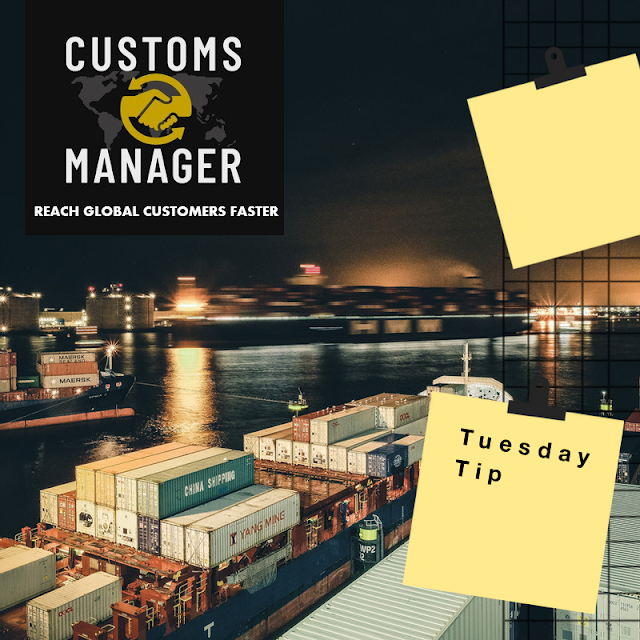Customs-Guarded Storage Facility
The term "customs
warehousing" refers to the process through which products that
have been imported are kept in a customs-controlled warehouse without having to
pay any import charges. Chapter IX of the Customs Act of 1962 contains the
relevant storage requirements. Additional rules, such as the Warehouse (Custody
and Handling of Goods) Regulations, 2016, and the Warehoused Goods (Removal)
Regulations, 2016, have been drafted to supplement the statutory requirements.
Warehouses are storage facilities that take advantage of customs duty
exemptions. Warehouse storage of imported goods is exempt from duty payment; duty
is due only upon the products' clearance from the warehouse. Chapter IX of the
Customs Act of 1962 foresees three distinct kinds of storage facilities:
Government-owned storage facilities for private usage and Unique storage
facilities In this piece, I'll do my best to describe how a private warehouse
handles Manufacturing and Other Operations.
Those who qualify may apply to do business
in a Private Bonded Warehouse. A private bonded warehouse license under Section
58 of the Customs Act,1962 is required for any applicant who plans to
manufacture or conduct other activities in a bonded warehouse.
A Private Bonded Warehouse License:
Any person who meets the following
requirements may apply to the Principal Commissioner of Customs or Commissioner
of Customs, as the case may be, for permission to operate a private warehouse:
1. Is an Indian national or an entity
incorporated or registered following the laws of India in force at the time of
application;
2. Offers an assurance that they would
follow any guidelines set out by the Customs Commissioner or Principal
Commissioner;
3. presents a certificate of solvency from
a scheduled bank in an amount determined by the Chief Commissioner of Customs
or the Commissioner of Customs.



Comments
Post a Comment